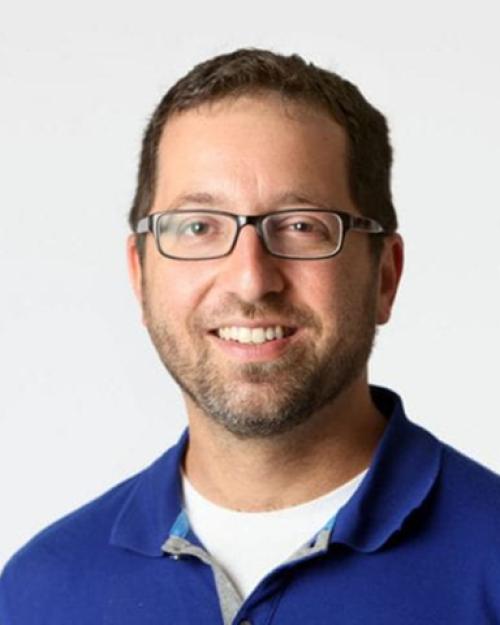A mathematician and author of best-selling books that speak to math’s societal and technological role in the world will visit campus March 13-17 as an A.D. White Professor at Large.
Jordan Ellenberg, the John D. MacArthur Professor of Mathematics at the University of Wisconsin, Madison and author of “How Not to Be Wrong: The Power of Mathematical Thinking,” will offer two free events open to the public as part of his week-long visit.
“Ellenberg is a distinguished mathematician and a master of public communication,” said Tara Holm, professor of mathematics and chair of the department. “His book talk will invite the public into mathematics that affects our daily lives. His Kieval lecture will be a delightful opportunity to learn more about the structure behind a popular card game and how mathematicians frame and solve problems.”
Ellenberg’s mathematical expertise focuses primarily on arithmetic algebraic geometry and number theory. He has earned numerous awards for his scholarly achievements, including the Simons Fellowship in Mathematics, a Guggenheim Fellowship and an Alfred P. Sloan Research Fellowship.
Along with several books, Ellenberg has also authored many essays fostering a general appreciation of mathematics. His most recent book, “Shape” is about the ubiquity of geometry in modern life.
Ellenberg’s first talk, “From mosquitoes to ChatGPT -- the birth and strange life of the random walk,” will be geared toward a general audience and will take place from 5-6:30 p.m. Wednesday, March 15, in 196 Statler Hall.
“The idea of the random walk, now ever-present in applied math, was invented simultaneously and independently by multiple people in multiple countries for completely different purposes,” Ellenberg said, “from mosquito control to physics to finance to winning a theological argument.
In mathematics, a random walk is a process where objects randomly move away from where they started.
Ellenberg’s talk will include the story of the idea’s creation, as well as discuss ways that random walks (also called Markov processes) underlie current thinking about artificial intelligence.
Ellenberg will also offer the Kieval Lecture for undergrad mathematics students at 4:30 p.m. March 16 in 253 Malott Hall. That talk, “Sets, cards, fields, progressions, ranks, lines, and triangles,” will center on the game of Set, a card game played with a special 81-card deck. The Kieval lecture series is funded through a bequest of the late Dr. Harry S. Kieval ’36, a longtime professor of mathematics at Humboldt State University in Arcata, California.
“A standard ‘folklore question’ among players of this game is: what is the largest number of cards that can be on the table, which do not allow a legal play?” Ellenberg said. “I'll explain how this question, which seems to be about cards, is actually a very deep one about geometry over a finite field, and what it has to do with many other popular questions in number theory.”
Ellenberg will also meet with students at Hans Bethe House during the week for dinner and a discussion, “Making words count: creative writing and the mathematical imagination,” with faculty members Kathryn Mann (associate professor and Joyce A. Yelencsics ‘65 & Frederick M. Rosevear ‘64 Faculty Leadership Fellow in mathematics), Steven Strogatz (the Jacob Gould Schurman Professor of Applied Mathematics and Stephen H. Weiss Presidential Fellow) and Andrew Hicks (associate professor of music, Dale R. Corson House Professor and dean of Hans Bethe House).




